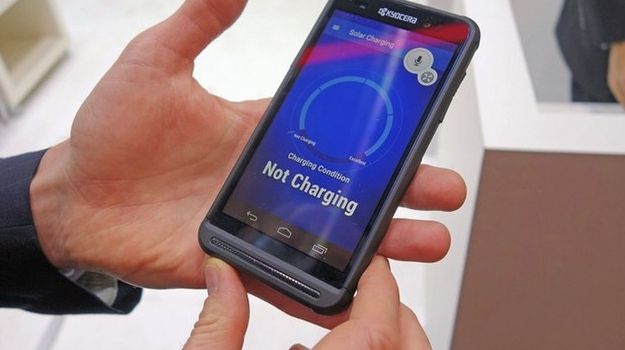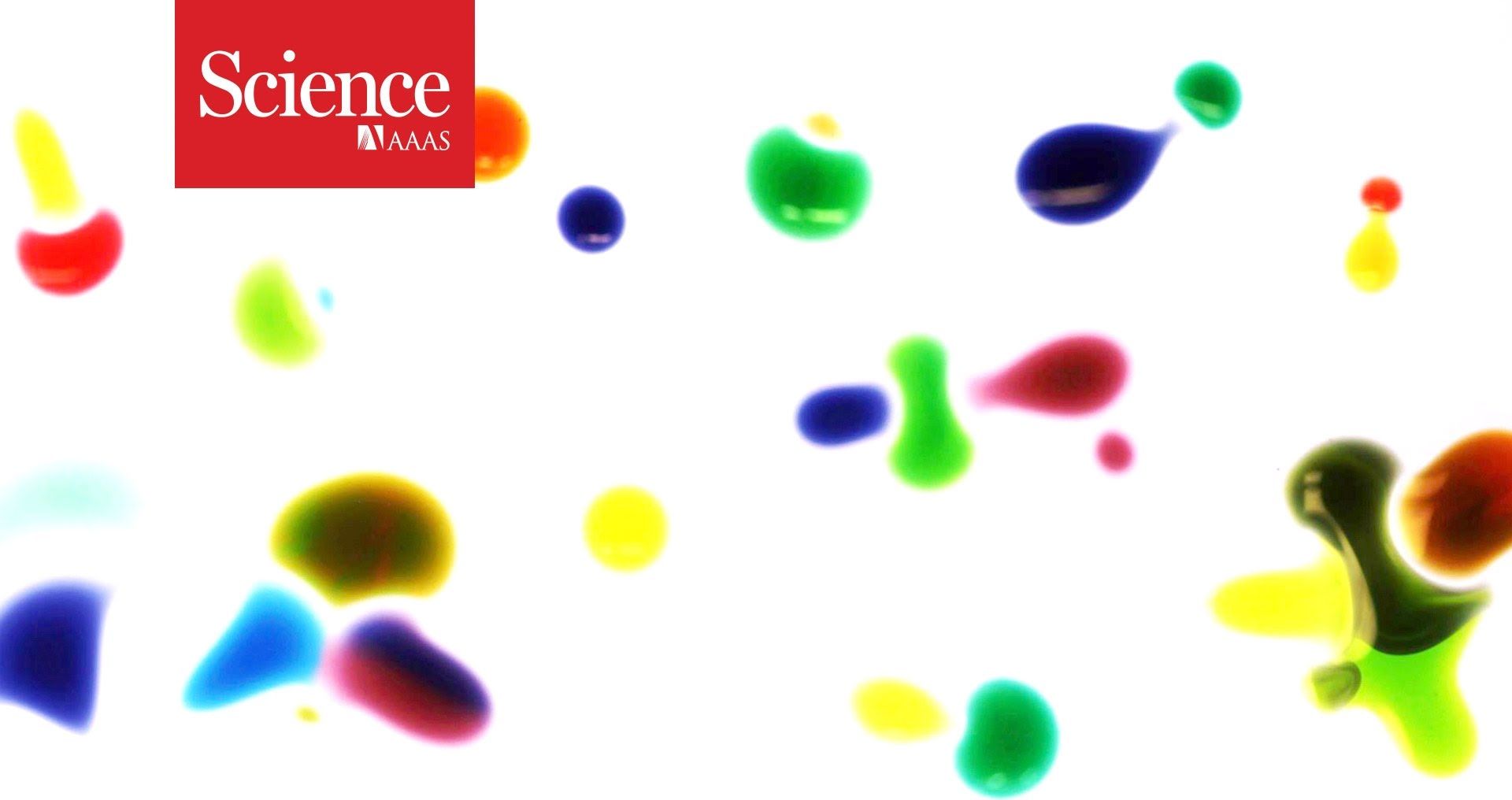Feb 25, 2016
Photonic propulsion cuts Mars travel time
Posted by Philip Raymond in categories: astronomy, energy, lifeboat, physics, space travel, transportation
Recent advances in lasers suggest that we may see rockets propelled by light earlier than we had imagined. NASA scientist Philip Lubin and his team are working on a system that would use Earth-based lasers to allow space travel to far-away places in just a fraction of the time needed with current technology.
Using earth based lasers to push along a spacecraft instead of on board hydrocarbon-based fuel could dramatically reduce travel time to Mars, within our lifetime. Currently, it takes five months for a space craft to reach Mars. But, with photonic propulsion, it is likely that small crafts filled with experiments will reach Mars in just 3 days. Large spaceships with astronauts and life support systems will take only one month, which is about 20% of the duration of a current trip.
What’s next? Lubin believes that we may be able to send small crafts with scientific experiments to exoplanets as fast as 5% light speed in, perhaps, 30 years. Eventually, he claims that the technology will carry humans at speeds up to 20% light speed.
Read about it here.


















